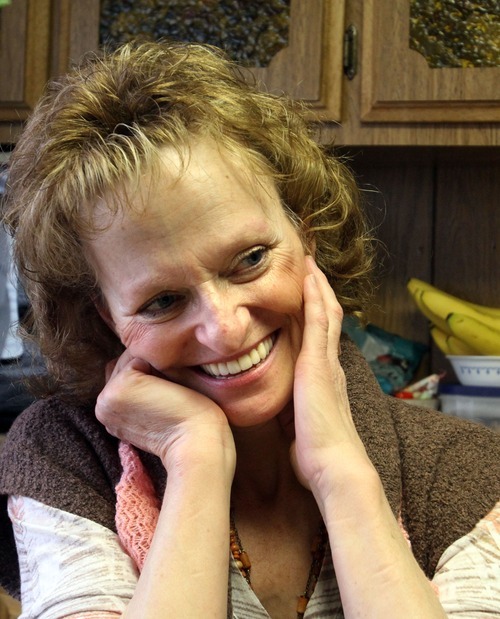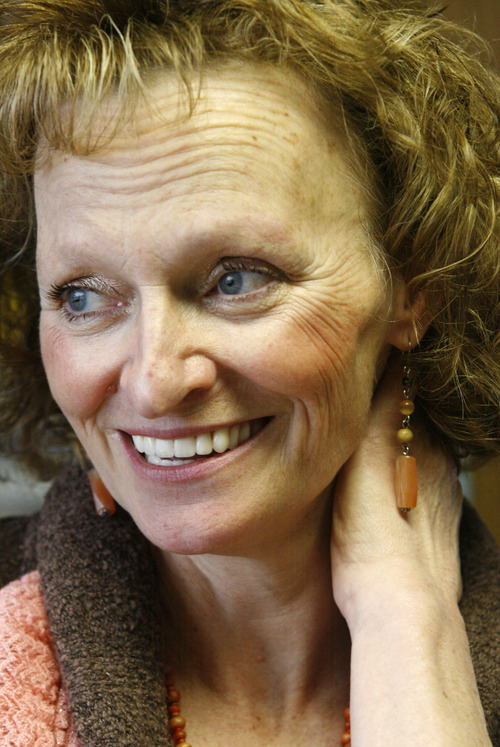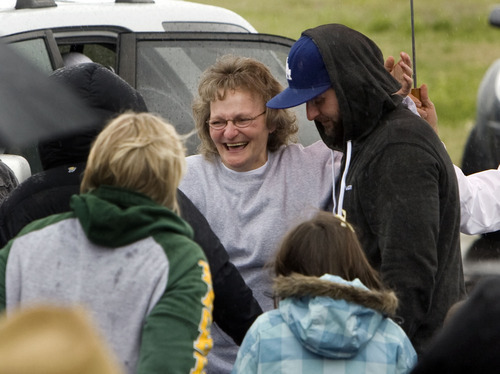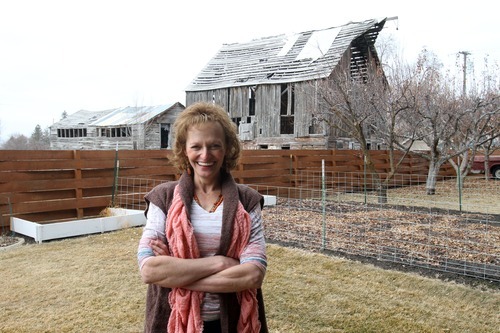This is an archived article that was published on sltrib.com in 2012, and information in the article may be outdated. It is provided only for personal research purposes and may not be reprinted.
Debra Brown took a seat in the courtroom Tuesday morning, no longer bound by the shackles she has worn during past hearings.
The 54-year-old Logan woman wore a dark dress, not a prison uniform, as she listened to the arguments being made to the Utah Supreme Court.
Assistant Attorney General Christopher Ballard said the state believes Brown killed her friend and employer, Lael Brown, at his Logan home in 1993, and that a judge last year wrongly exonerated the woman based on incorrect and old evidence.
"This case is going to set the benchmark for what is clear and convincing evidence in factual innocence cases," Ballard told reporters after the hearing. "We think the court set that bar way too low."
At trial in 1995, prosecutors argued that Lael Brown was killed on the morning of Saturday, Nov. 6, 1993, during a time that Debra Brown had no alibi. But during a week of hearings last year, two witnesses told 2nd District Judge Michael DiReda they had seen Lael Brown alive that afternoon when Debra Brown did have an alibi.
One of the witnesses, Delwin Hall, said he saw Lael Brown at Angie's restaurant in Logan on Saturday afternoon. But Hall was on the defense's witness list at the time of trial though he was not called to testify, and the state contends that his testimony is not new evidence.
Ballard told the justices there was "nothing that corroborates" Hall's testimony. "There is a mountain of trial evidence…that Lael was missing in action on Saturday," Ballard said.
The 75-year-old man did not show up to make plumbing repairs at a home, as he had promised. Nor did he show up for his regular coffee with friends that morning.
"She still has not shown that she didn't kill him at any other time," Ballard said. The state believes Debra Brown killed the man as a cover up for forging multiple checks, something to which she had admitted.
Brown's attorney, Alan Sullivan, said the state has had to change its theory about when Lael Brown was killed. The attorney said Debra Brown was arrested after a "sloppy" investigation by Logan police.
At stake for Brown — who after spending 17 years in prison for the murder became the first Utah convict to be found "factually innocent" of a crime under a statute that allows for such a finding without new DNA evidence — is more than $500,000, her reputation and, possibly, her freedom.
If the high court overturns the ruling, the trial court would reinstate the conviction and it would be up to the Board of Pardons to determine if Brown should serve more prison time.
The AG's office said it would not request more prison time.
Sullivan said he and Brown remain optimistic the ruling will be upheld.
"She's going to be great," he said. "She's free."
Twitter: @aaronfalk —
What's next?
After a hearing Tuesday, the Utah Supreme Court took Debra Brown's case under advisement. If the high court affirms the finding of factual innocence, Brown will remain free and would be entitled to compensation for being wrongly imprisoned. If the court reverses the decision, it will be up to the Board of Pardons to decide whether Brown returns to prison.









